“I think at the core of diplomacy is friendship and that’s really what the arts can do on the ground.” - Dana Tai Soon Burgess, U.S. Department of State Cultural Envoy and Fulbright Program ExchangeAlumni.
How can movement connect people across cultures? How can you distinguish yourself as you establish your career? Watch the latest episode of MentorTalks to hear from Dana Tai Soon Burgess, founder of the Dana Tai Soon Burgess Dance Company and the Smithsonian Institution's first-ever Choreographer-in-Residence, about his role as the ‘Diplomat of Dance’ and his advice for artists and others starting out in their careers.
This episode was filmed on location at the National Portrait Gallery in Washington, D.C., where Dana’s latest choreography, “El Muro,” was featured. You’ll get a chance to see the painting that inspired him and hear how Dana, an ExchangeAlumni through the U.S. Department of State Cultural Envoy and Fulbright Programs, has made his career by promoting international cultural dialogue through “the global language of dance.”
Dana will also address how he is tackling violence against Asian Americans and talk about his American identity.

Dana Tai Soon Burgess
Dana Tai Soon Burgess is a leading American choreographer, dancer, and cultural figure known worldwide as the “Diplomat of Dance.” In 1992, he founded the Dana Tai Soon Burgess Dance Company (DTSBDC.org), a preeminent modern dance company based in Washington, D.C.As the Company’s Artistic Director, his work explores the idea of cultural “confluence” with many of his dances focusing on the “hyphenated person” – someone who is of mixed ethnic or cultural heritage – and the emotions of belonging and societal acceptance.
Since 2016, Dana has been the Smithsonian Institution’s first-ever Choreographer-in-Residence. In this role, he creates new works inspired by museum exhibitions and participates in public discussions about dance and art.
Dana has been referred to as thes "Diplomat of Dance" and “not only a Washington Prize, but a national dance treasure” (Washington Post Pulitzer Prize-winning dance critic Sarah Kaufman). He has served as a cultural ambassador for the U.S. State Department for over two decades, an appointment he uses to promote international cultural dialogue through “the global language of dance.”
Dana has also completed two senior Fulbrights in dance and won seven Metro D.C. Dance Awards, the Pola Nirenska Award, and the Paul Ré Peace Prize. He has been honored by the Smithsonian Institution and was a prominent feature in the Smithsonian exhibition “A Korean American Century” as part of the Korean American Centennial Celebration in 2003 as well as “Dancing the Dream,” the Smithsonian’s first exhibition on American dance. His portrait is part of the permanent collection of the Smithsonian National Portrait Gallery and his family archives reside in the American History Museum.
Dana grew up in Santa Fe, N.M., the son of two visual artists: a Korean-American mother and Irish-German-Scottish father. His artistic focus explores identity and cross-cultural perspectives, as well as issues of belonging and societal acceptance. He earned degrees in dance from the University of New Mexico and The George Washington University.

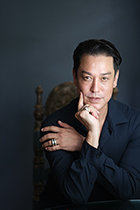
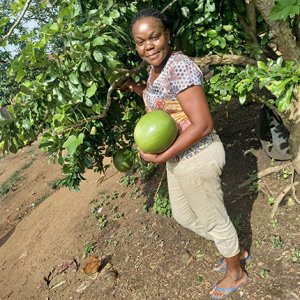
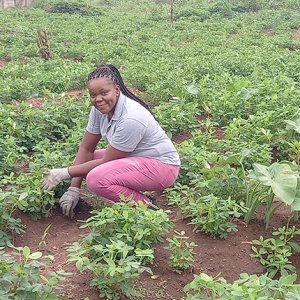 I have also created two training programs to help new farmers start agricultural businesses. The first program is called the International Training In Organic Farming Program. This program helps farmers reinvent their passion for agriculture through a guided entrepreneurial trip to the Republic of Benin. During this trip, young farmers are exposed to other seasonal farmers and given opportunities to partner with them. Around 90% of participants decided to start farming due to their positive experience in the program.
I have also created two training programs to help new farmers start agricultural businesses. The first program is called the International Training In Organic Farming Program. This program helps farmers reinvent their passion for agriculture through a guided entrepreneurial trip to the Republic of Benin. During this trip, young farmers are exposed to other seasonal farmers and given opportunities to partner with them. Around 90% of participants decided to start farming due to their positive experience in the program.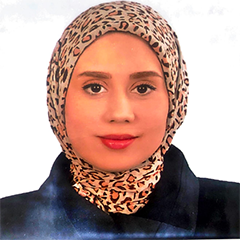
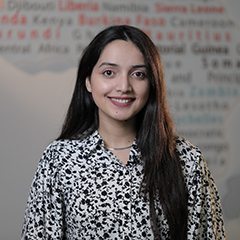

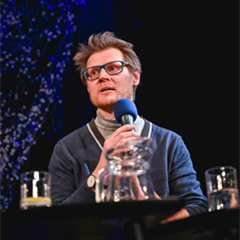
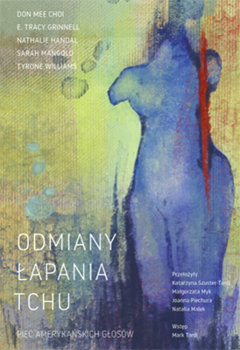
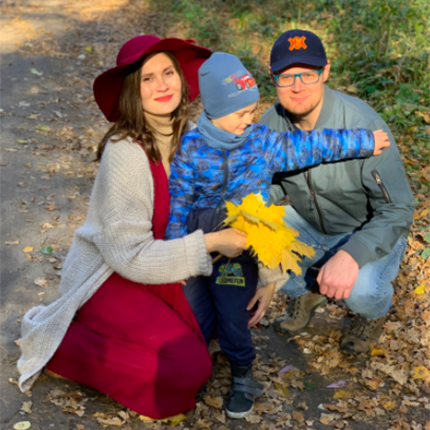


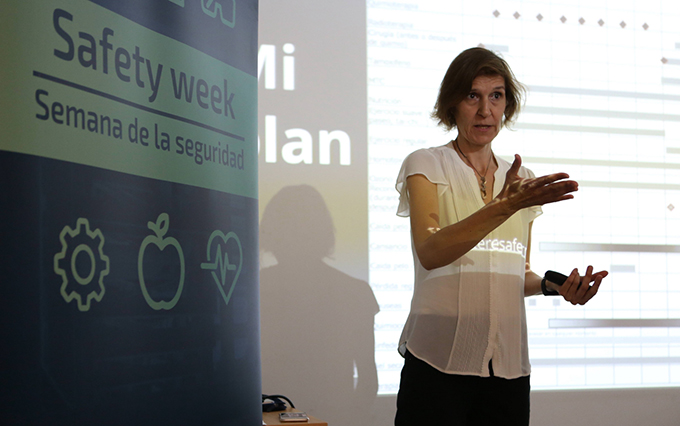

 In 2019, ExchangeAlumni Domokos Kovács left his hometown in Pilisszentiván, Hungary to embark on a Benjamin Franklin Transatlantic Fellowship (BFTF) at Purdue University in Lafayette, Indiana.
In 2019, ExchangeAlumni Domokos Kovács left his hometown in Pilisszentiván, Hungary to embark on a Benjamin Franklin Transatlantic Fellowship (BFTF) at Purdue University in Lafayette, Indiana. 
